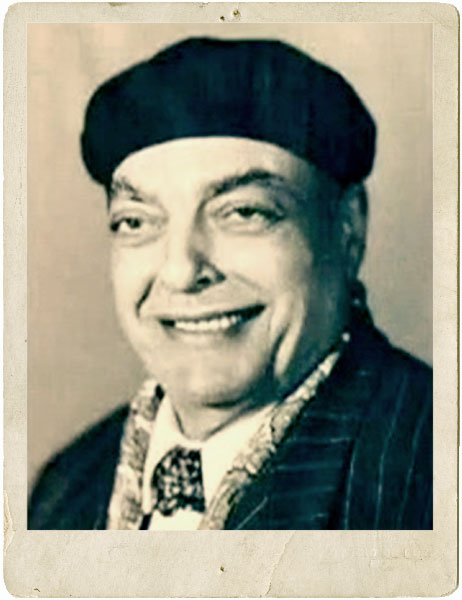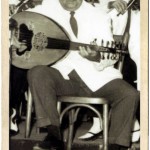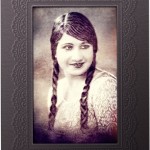He left a huge number of compositions, lyrical theater works and movie songs. He deserves all the credit for the discovery of several important artists and he accompanied Umm Kulthum’s career since its early stages. Although he felt the importance of remaining faithful to tradition, Zakariya was also something of a pioneer, especially in the taqtuqa form. He introduced major variations to the classical form. Well acquainted with the science of metrics, he was able to break away from the conventional taqtuqa by using different meters, granting each couplet a different tune, He also made similar attempts with the dawr, more specifically by the introductions of new rythms and forms. Zakariya Ahmad was a celebrity. He composed forty-six of Umm Kulthum’s songs. The lyrics were printed in Al-Ahram to satisfy popular demand; mass audiences flocked to her weekly concerts or crowded around the radio set to listen to ‘Ana Fi Intizarak’ (I Am Waiting for You), ‘Ahl Al-Hawa’ (People of Love) and many others. With Umm Kulthum’s magnificent voice, Bayram al-Tunsi’s brilliant lyrics and Zakariya Ahmad’s enchanting music, there was no room for anything but ecstasy. He was known for his dignity and his reluctance to mingle with high society. He refused to attend events to which he felt he had been invited with condescension; and, at the premiere of one of the last songs he composed for Umm Kulthum, he could be found in Darb Al-Masmat, singing at the wedding of an old friend’s daughter



